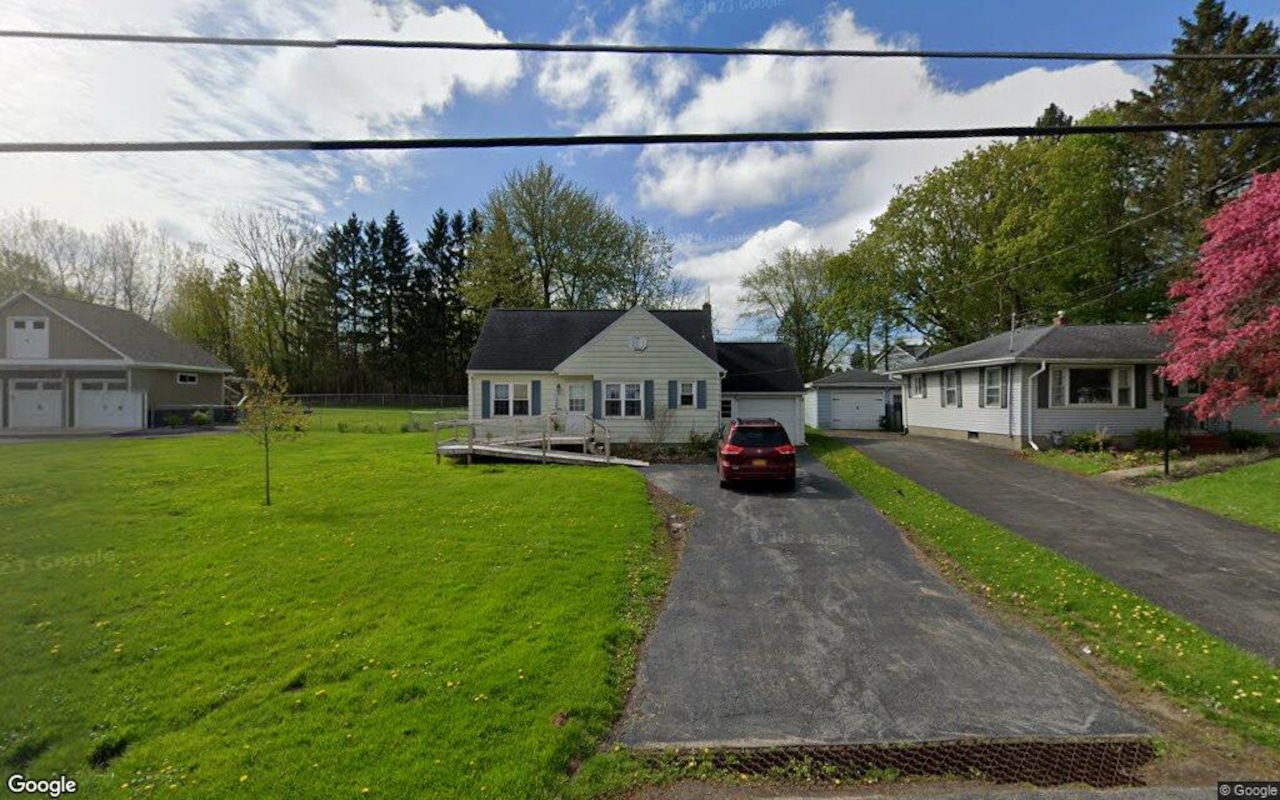R
egional banks are facing a growing crisis as commercial loan maturities and distressed property sales threaten their stability. The sharp decline in office property values has exposed vulnerabilities in US regional banks, prompting many to ramp up loan modifications to manage distress in their commercial real estate portfolios.
Smaller banks with less than $100 billion in assets modified 0.32% of their CRE loans in the first nine months of 2024, a significant increase from 0.1% in the first half of the year. However, they still lag behind medium-sized and larger lenders in confronting declining commercial property prices.
Regional banks are particularly vulnerable due to lenient lending practices in prior years, which left them with thinner buffers against the sharp decline in office and apartment complex values since their peak. With $500 billion in CRE mortgages set to mature in the next year, experts anticipate a wave of defaults, forcing distressed sales that could push property values even lower.
"There are going to be fire sales," said Rebel Cole, a finance professor at Florida Atlantic University. "They're going to put more downward pressure on commercial real estate prices across the board."
Smaller banks' stock performance has taken a hit as concerns about their CRE portfolios intensify. The KBW Regional Banking Index has gained only 17% this year, compared to a 30% increase for the KBW Nasdaq Global Bank Index.
Federal Deposit Insurance Corporation (FDIC) chairman Martin Gruenberg has flagged office and multifamily loans as areas of concern, urging banks to monitor these loan portfolios closely. Larger banks have been more proactive in setting aside reserves for potential losses, providing a contrast to smaller lenders.
Mike Comparato, president of Franklin BSP Realty Trust Inc., warned that office loans will remain a problem for both mortgage real estate investment trusts (REITs) and banks for the foreseeable future. "Office assets are trading at levels that were simply unfathomable a few years ago," he said.
Compounding the strain, this year's Federal Reserve interest rate cuts have not translated into lower long-term borrowing costs, making it harder for landlords to refinance their loans at sustainable levels. This is leading to a rising number of defaults and loan extensions, forcing some landlords to "capitulate."














